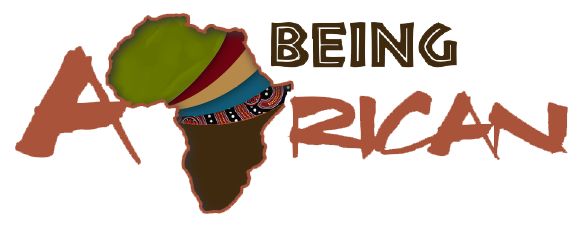Clans & Totems in Igbo Culture
The Igbo Clan by Toni Akose Ogobegwu
Clans and Totem
Clans in the Igbo culture are traditional social groups that provide identity and community. They are often based on shared ancestry and are usually named after a common founding ancestor.
Clans and totems in the Igbo culture serve as important markers of identity and heritage that connect people to their ancestry and cultural traditions. They are often passed down from generation to generation and play a significant role in shaping Igbo communities’ cultural and social fabric.
The totems, usually animals or natural objects, serve as symbols of the clan and are believed to provide spiritual protection and significance to its members.
Igbo clans have totems that serve as symbols of identity and are believed to provide protection and spiritual significance. Some common Igbo totems include:
Eze: leopard
Njoku: yam
Okafor: python
Nwankwo: tortoise
Obi: snake
Ezenwa: bird
Ugwueze: goat
Okoye: snail
Ezeonu: antelope
Nnaji: elephant
Anyanwu: sun
Udechukwu: bushbuck
Ofoma: crocodile
Nwogu: fish
These are just a few examples, as different clans and communities within the Igbo people may have their own specific totems.
Note that the interpretation and significance of totems may vary among different clans and communities. In general, they serve as important cultural symbols that connect people to their ancestral heritage and identity.
Clans in the Igbo culture are traditional social units that provide a sense of identity and community for the people who belong to them. They are often based on shared ancestry and are usually named after a common founding ancestor. The totems, usually animals or natural objects, serve as symbols of the clan and are believed to provide spiritual protection and significance to its members.
In some cases, the totems may be associated with geographical locations, as certain animal species may be more prevalent in specific areas. However, the exact relationship between geography and totems must be clarified and may vary among clans and communities.
Overall, clans and totems in the Igbo culture serve as important markers of identity and heritage, connecting people to their ancestry and cultural traditions. They are often passed down from generation to generation and play a significant role in shaping Igbo communities’ cultural and social fabric.
A clan is a group or family that is related to each other. The Igbo clan is not a homogeneous group of people. They are, however, unified by a central language, Igbo, understood by most of the clan. I will adopt what is generally accepted as the central Igbo for this write-up. This is because the Igbo language is written in this dialect.
There is no unified cultural practice in Igboland, and different communities have different practices. This idea of different cultural practices among the Igbo people is captured in the phrase, “Mba neme iche-iche” or “okwa mba na turu olulolu“. The phrase means that different communities have different practices. These differences can be seen in how they conduct marriages, burials, the naming of children, their various festivals, and many others.
Ndi Igbo (Igbo People)
Photo: Igbo regions in Nigeria
Ndi Igbo (Igbo People)
The geographical location of Ndi Igbo
Ndi Igbo, as they are commonly called, is a tribal group in Nigeria living mainly east of the Niger River, but there are pockets of the tribe on the western side of the River Niger, sometimes referred to as Ibos. This designation became prominent before the civil war when the Igbos, west of the Niger River, were spared in the pogrom leading up to the civil war in 1966. The Igbo tribe shares a common language, though with varying dialects. In present-day Nigeria, their homelands are in Anambra, Imo, Abia, Enugu, Ebonyi, and some parts of Delta, Akwa Ibom, Benue, and Rivers states.
They are traditional craftsmen, with farming and trading as their mainstay. And because of their interest in trading, they can be found almost everywhere in Nigeria. Igbos are engaged in different forms of trading in other parts of the world. In 1966, they were forced into a civil war that lasted for three years (this war was known as Nigeria – Biafra war). Because of this war, most Igbo people returned to their native land and, as a result, lost virtually everything that they had worked for all their lives outside of Igbo land. As expected, the Igbo man came out of that war impoverished. Still, because of their diligence and determination, in less than ten years, they returned to the forefront of the nation’s economy, once again leading in trade and commerce. The Igbo man prides himself on hard work and diligence. Laziness is a taboo for an Igbo man.
